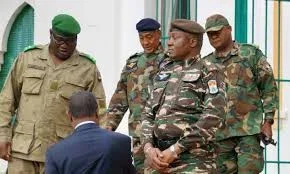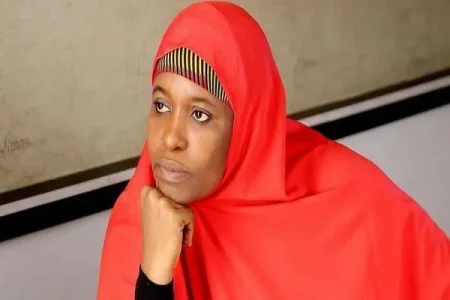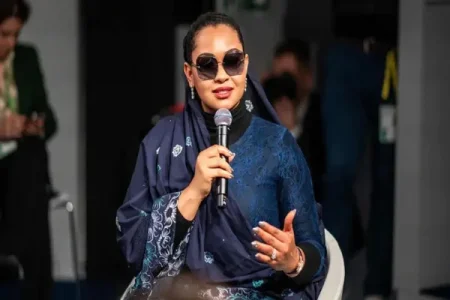
In response to the escalating insecurity in Niger, the military junta, led by Abdourahmane Tchiani, has reportedly entered into negotiations with terrorist groups.
According to counter-insurgency publication Zagazola Makama, Tchiani has utilized his interior minister to establish channels of communication for discussions. As part of this strategy, 86 individuals, including notorious terrorist leaders like Dandjou Aliou and Haroun Boubacar, have been released from various prisons.
However, this approach faces opposition within Tchiani's cabinet, with some members arguing that it weakens the state's position against terrorists.
Zagazola Makama also reports that the junta has deployed 535 repentant terrorists to Diffa, Tillabéri, and Tahoua regions to combat insecurity.
Furthermore, a new alliance between the Islamic and Muslim Support Group (JNIM) and Islamic State in the Sahara (EIGS) has formed, aiming to coordinate actions across Niger's south-west to mid-west regions.
This alliance underscores the worsening security situation, covering border areas with Burkina Faso and Mali.
Since the junta seized power from ousted President Mohamed Bazoum, stability remains elusive, prompting questions about the effectiveness of the leadership transition.
The junta's decision to engage with terrorists and release individuals from detention adds a layer of complexity to Niger's security challenges.




